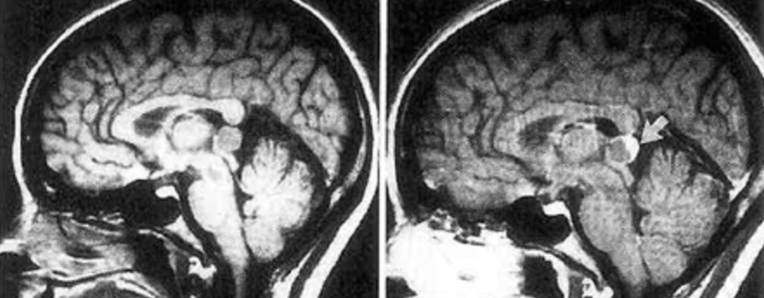Photo Credit: Antonio Diaz
Addressing obesity stigma through education, advocacy, and inclusion can greatly improve the mental health and well-being of patients with obesity.
The stigma surrounding obesity often acts as a significant barrier for people seeking care, including mental health services. This stigma discourages people from accessing treatment but also impacts the physiological changes in serotonin and dopamine responses that people with obesity experience. Consequently, there is an increased prevalence of conditions like depression and disordered eating within the population.
Stereotypes and misconceptions about obesity, such as the notion of decreased intelligence, are often internalized by both the public and healthcare professionals. These biases can influence healthcare interactions and contribute to lower earning potential for people with obesity across various fields. Additionally, the misconception that weight is solely dependent on willpower exacerbates feelings of guilt, particularly in relation to conditions like depression.
Experiencing discrimination and bias from healthcare professionals, who may wrongly attribute even unrelated health issues to obesity, can lead to patients internalizing these biases. This internalization fosters higher levels of guilt and depression, and chronically elevated cortisol levels can worsen metabolic dysfunction.
Biases among healthcare professionals, who might assume patients with obesity lack motivation or intelligence, can significantly hinder patient rapport. Such attitudes drive patients away from seeking necessary care, especially when their efforts are dismissed or when simple language is used inappropriately. This dynamic can severely impact the mental health outcomes of people with obesity.
To create a more inclusive and accepting environment for patients with obesity, healthcare settings can implement practical strategies such as providing reinforced, armless, or wide chairs, using leg blood pressure cuffs, and ensuring privacy during weight measurements. Additionally, correcting colleagues and staff who use non-inclusive language and offering educational talks can foster a more supportive local culture.
Advocacy for universal coverage of anti-obesity medications and procedures is crucial. This provides comprehensive care but also addresses obesity stigma by recognizing obesity as a complex metabolic disease rather than a cosmetic issue or lifestyle choice. Such advocacy can significantly improve mental health conditions and other health outcomes associated with obesity.
Adopting inclusive language, such as referring to people as “with obesity” rather than “obese,” underscores that obesity is a disease, not a personal attribute. Using patient-friendly language like “having extra weight” helps to mitigate the negative connotations associated with the word “obesity.” Gently correcting patients when they use self-deprecating terms can promote self-acceptance and improve mental health.
Healthcare professionals seeking to learn more about obesity stigma and its mental health impacts can benefit from resources offered by the Obesity Medicine Association (OMA). Attending the annual conference provides immersive learning experiences, including keynote speeches by obesity advocates and interactions with professionals using patient-friendly terminology. Additionally, the OMA Academy offers recorded presentations on this topic for concise and accessible learning.
By addressing obesity stigma through education, advocacy, and inclusive practices, healthcare professionals can significantly improve the mental health and overall well-being of patients with obesity.





















Create Post
Twitter/X Preview
Logout